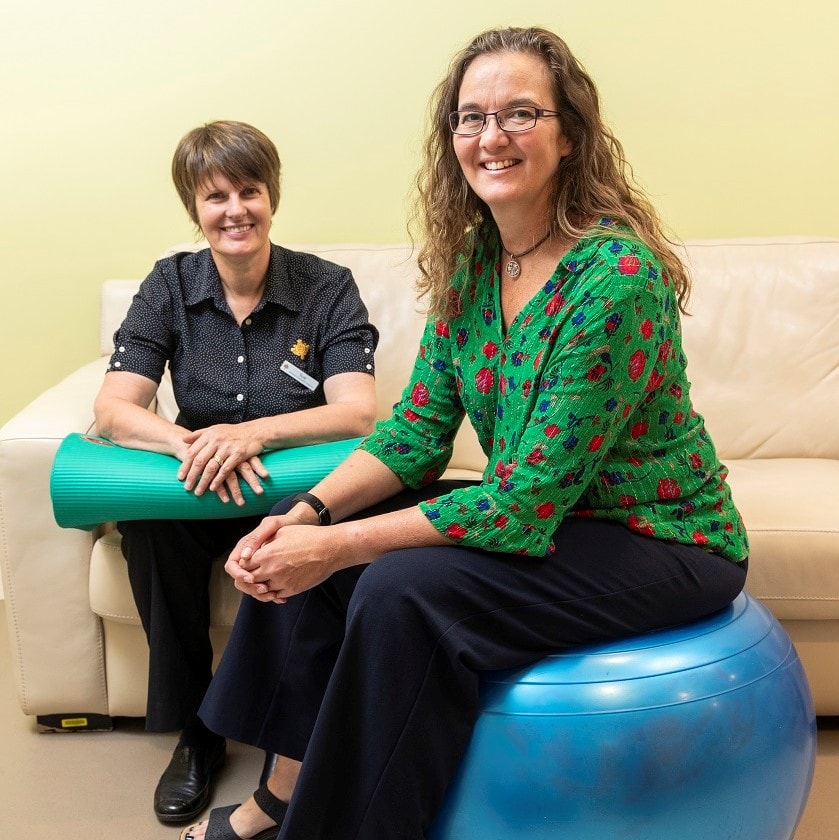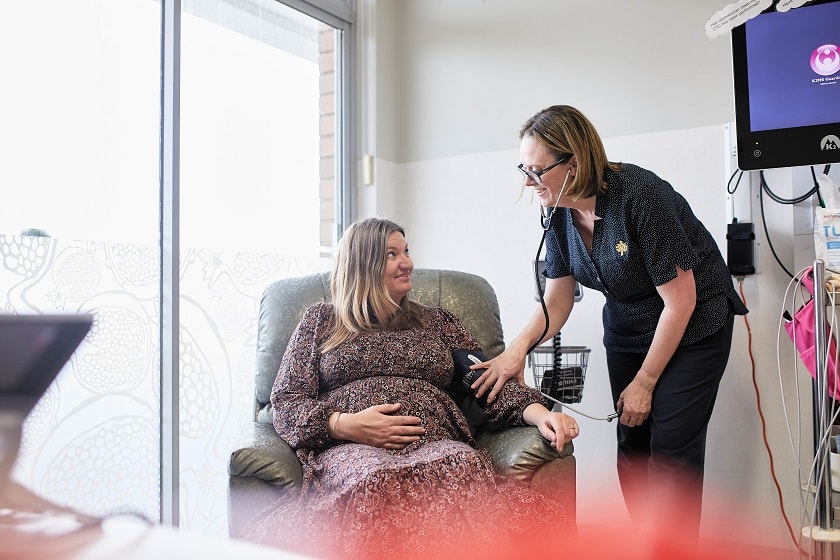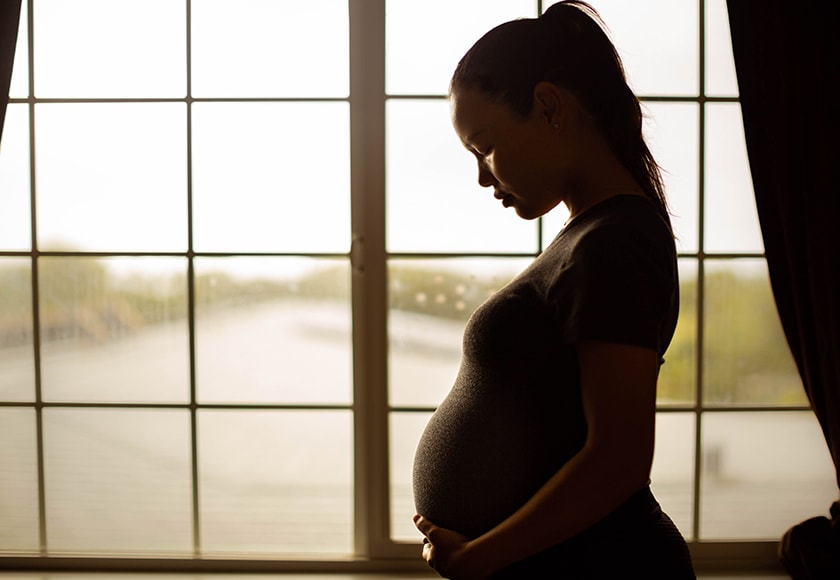Intervention: the act of interfering with the outcome or course, especially of a condition or process (as to prevent harm or improve functioning)
Just like growing a baby, birthing a baby is a normal bodily function which our amazing bodies perform usually without a problem.
Even though this is true, growing and birthing a baby used to be one of the most dangerous (and painful) things a woman could do, even up until about 30 years ago.
As medical technology developed antibiotics, sterile technique, anaesthetics and blood transfusions, these interventions lead to a radical reduction in the death of mums and babies. These were necessary interventions to help keep mums and babies safe.
This being said, in most pregnancies even today, an uncomplicated normal birth still leads to the best outcome for mums and babies. Although there are times when complications occur or risk factors exist which need intervention, there are also ways to improve your chances of having a natural birth with no or low intervention.
Improving your chance of a low intervention birth:
Even before you fall pregnant, it is beneficial to the entire process if you are fit, healthy and have a normal BMI. Your chances of having an uncomplicated pregnancy and birth are related to your health.
Therefore it is just as important to remain fit and healthy as much as possible during pregnancy by maintaining a healthy diet, exercising regularly, and maintaining your mental health.
It is beneficial to learn as much as you can about the normal process of labour and birth and about options available for pain relief in labour.
It is also important to know what complications may arise and what can be done to assist in these circumstances to keep mum and baby safe.
Understanding this will help you to be better prepared and will make the process less stressful. Low stress levels are very beneficial to labour progress
If someone wants to try and limit intervention as much as possible, they will normally opt to avoid induction of labour unless medically indicated or if baby is overdue by a week or more.
When spontaneous labour starts, you are usually advised to call the labour ward and may be asked to come in for a check-up. If all is normal and you are only in early labour, you can stay home for a while longer so labour can establish at home where you are more relaxed.
The hormone that causes your contractions is called Oxytocin and works better when you are not stressed.
Non-interventional pain relief techniques:
In active labour, it is good to be as mobile as possible to help your baby’s head to descend into the pelvis.
There are a number of ways to do this including walking, bouncing on a fit ball, forward leaning on all fours on the bed or yoga mat or even dancing. Moving also assists in pain relief.
Other options for pain relief that are non-interventional are hypnobirthing relaxation techniques, water (shower or bath) and the TENS (Transcutaneous electrical nerve stimulation) machine. A TENS machine is a small battery-operated device that has leads connected to sticky pads called electrodes and relieves pain using a mild electric current.
Nitrous oxide gas (Laughing gas) or sterile water injections into the skin over your lower back which are very minimally-invasive techniques.
Another intervention that can sometimes be avoided is an episiotomy or cut in the perineum to allow the baby to pass through.
It has also been shown that by doing antenatal perineal massaging, tearing or the necessity for cutting the perineum might be reduced.
Pregnancy and birth can be an extremely exciting and scary time for the parents-to-be and it is good to remember that whether everything is uncomplicated, or you have some complications, Australia is one of the safest places in the world to have a baby.
Find out more about maternity services at St John of God Murdoch Hospital.








